Mentorship to Leadership - Empowering Female Achievement
Written by Christine Kinnear
This Black History Month, in keeping with the theme of celebrating sister, it’s great to be able to reflect on the remarkable platform that mentoring has given to some of our female students to go onto positions of leadership.
Understandably, we view the beneficiaries of mentoring as the mentees. But mentoring is fantastically beneficial to mentors too. Dr Chinedu Agwu is testament to this. She was in our first The University of Manchester cohort of mentors. As a final year PhD student, she was already challenging the academic status quo where less than 1% of professors are black and only 50 out of 23,000 professors are black females. Acutely aware of the underrepresentation of black and racially minoritised students in bioscience courses and workplaces, Chinedu recently set up BioSci Toolkit. Its primary aim is to generate an interest in science and empower students with the information and skills to pursue a scientific career. I am immensely proud to be now collaborating with Chinedu to create a series of science based webinars.
Further upstream, Devina and Imani Williams-Brown are perfect examples of the positive impact of mentoring. Both joined our Insight2Uni programme as mentees and, having secured university places, applied to become mentors to the next generation. Motivated to give back, they are the literal embodiment of, ‘Lifting as you climb.’ As Devina told me, “I am excited to see my mentees flourish.”
Research by the University of Manchester and University of Lancaster surmised that black women face a concrete ceiling in the professional world as they buck up against the intersectionality of sexism and racism. Participants in the research perceived that organisational culture was set by those who lead and steer it who were almost without exception, entirely white and, commonly male.
The report also touched upon the lack of social capital available to black women. After all, it is difficult to be what you can’t see which is why the leadership exhibited by these young women is so important. As one of our 14 year old mentees said:
“The Foresight programme made me realise that I didn’t need to limit myself to lower rank options all because I thought that I didn't have a chance at getting into better ones.”
Through their determination to create a different future for the next generation, these amazing young women are contributing to the creation of an alternative narrative. This Black History Month, I applaud them and the many other sisters who are leading the charge for change.

